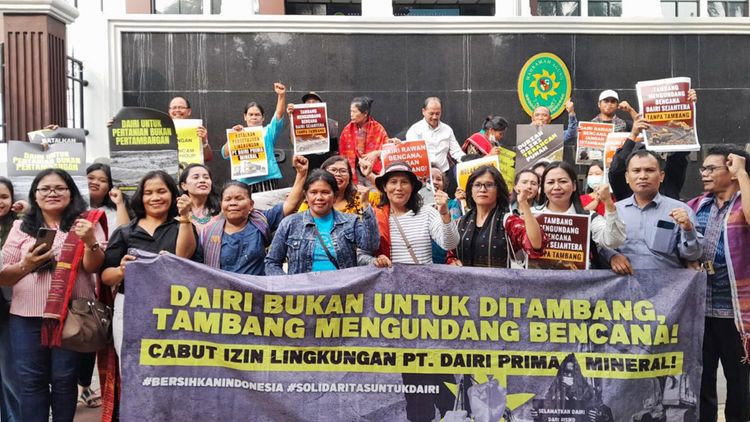Asia Undercovered #33
The results in India’s historic elections were announced in late May, showing Narendra Modi’s Bharatiya Janata Party winning an even larger vote than five years ago. The elections as a whole got very little attention in the US media, and the results too were mostly just cited in back page news stories. So this week’s Asia Undercovered starts with a look back on the key issues of the elections – and what to expect from Modi’s surprisingly large victory and mandate.
Undercovered India Elections
Modi’s victory came from India’s rural heartland, particularly in the densely populated, poorer northern and central regions of the country. One reason why, according to this in-depth piece in Firstpost, is that he was able to push his vision of development, despite limited progress on actually reducing poverty.
Scroll.in explores five key reasons that Indians supported Modi’s BJP, based on journalist Supriya Sharm’s travels in four states that overwhelmingly voted for him.
Pragya Tiwari looks back on the event that started India’s modern wave of Hindu nationalism – the 1992 destruction of the historic, 16th century Babri Masjid in Ayodhya in a mass Hindu riot. If you don’t know much about that event, this is a must read to understanding India today (New York Times).
For minorities, this is the fear – that BJP’s grip on power will empower more right-wing nationalists to attack Mosques and Muslims, who already are seeing rising lychings and other violence. A stark take from Swati Gupta in CNN World.
Meanwhile others point the finger for Modi’s win at the opposition Congress Party for sticking to dynastic politics.
Also Undercovered this week
First it was Tibetan and Uyghurs in China who could no longer get passports to go abroad. Now, it’s getting hard for Hans who aren’t party members or “politically clean” to get passports. Another form of social control (Bitter Winter).
China’s rise is changing global science. A great in-depth feature by Ehsan Masood in Nature on how Belt & Road will impact global researchers.
In Vietnam, a 99 year old blind grandmother refuses to give up her land despite plans to build a Japanese-funded coal plant, despite having her home destroyed. Moving and sad, and a common story in the age of mass development in Asia (Yahoo News).
Religion impacts politics in Taiwan, as a leading potential opposition Presidential candidate cites the sea goddess Mazu as telling him to run. An illuminating read on a dynamic I knew nothing about (Popula).
Also in Taiwan – a giant inflatable tank man sculpture emerged on a prominent public square, sure to ruffle Beijing’s feathers (did you see my Tiananmen issue last week).
Non-election news from India. A year ago, 13 people were killed in a police shooting in Thoothukudi, Tamil Nadu, while protesting a copper plant. Today, justice has yet to come for victims and their families (Manasa Rao, The News Minute).
Jakarta saw localized riots when elections results were announced in Indonesia, killing eight. While they garnerned global attention, Ben Bland argues that we shouldn’t overreact and let these events undermine what was mostly a fair, peaceful, and free election (Lowy Interpreter).
On a Lighter Note
In May, Taiwan’s Supreme Court ruled that same-sex marriage was legal, making Taiwan the first country in Asia to achieve marriage equality. Here are some heartwarming photos of the first same sex couples to legally get married, by William Yang in Goldtread.





Member discussion